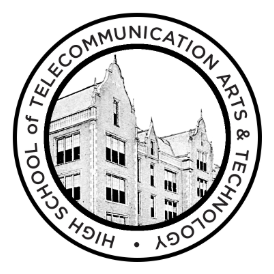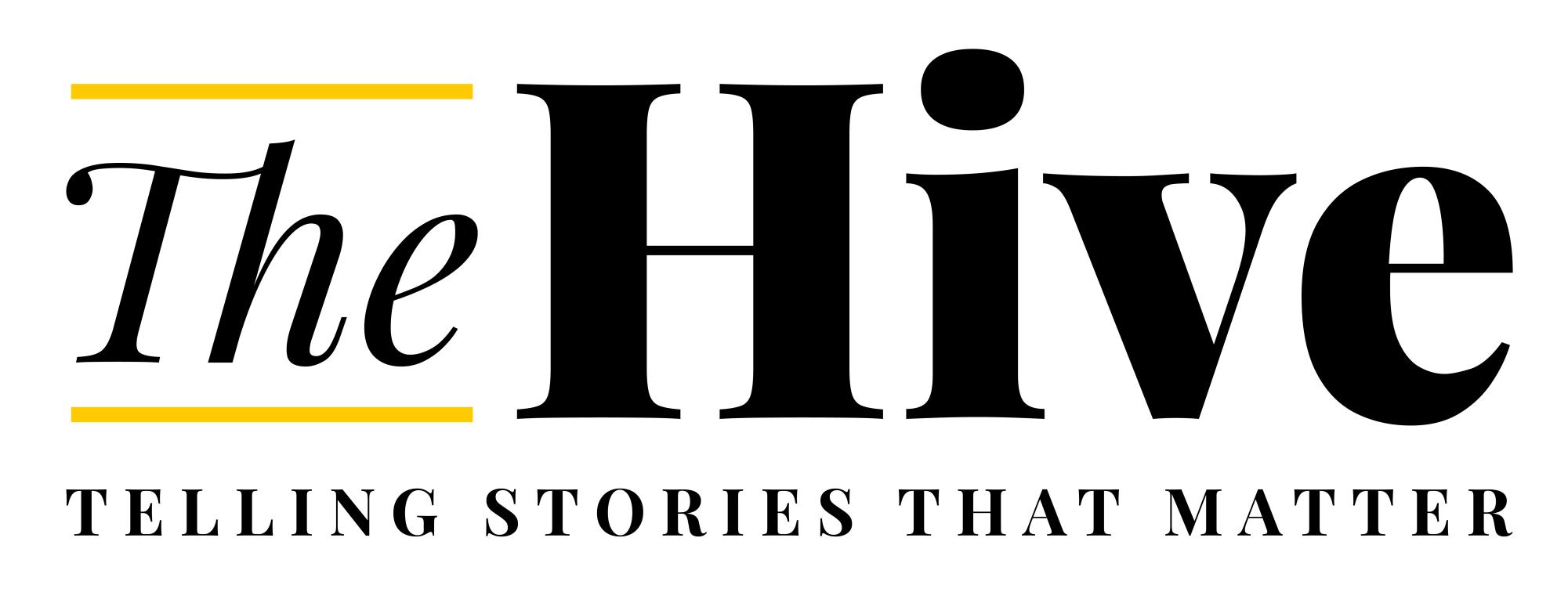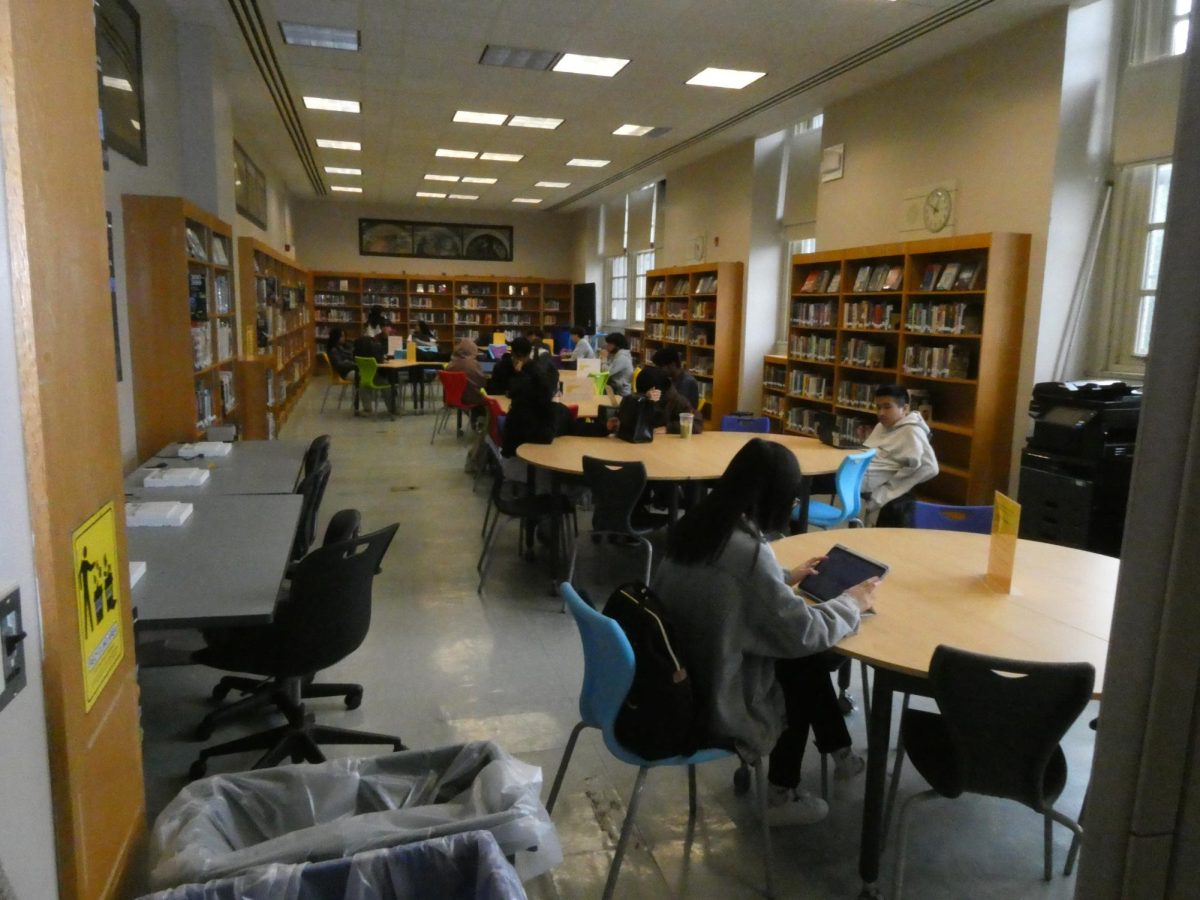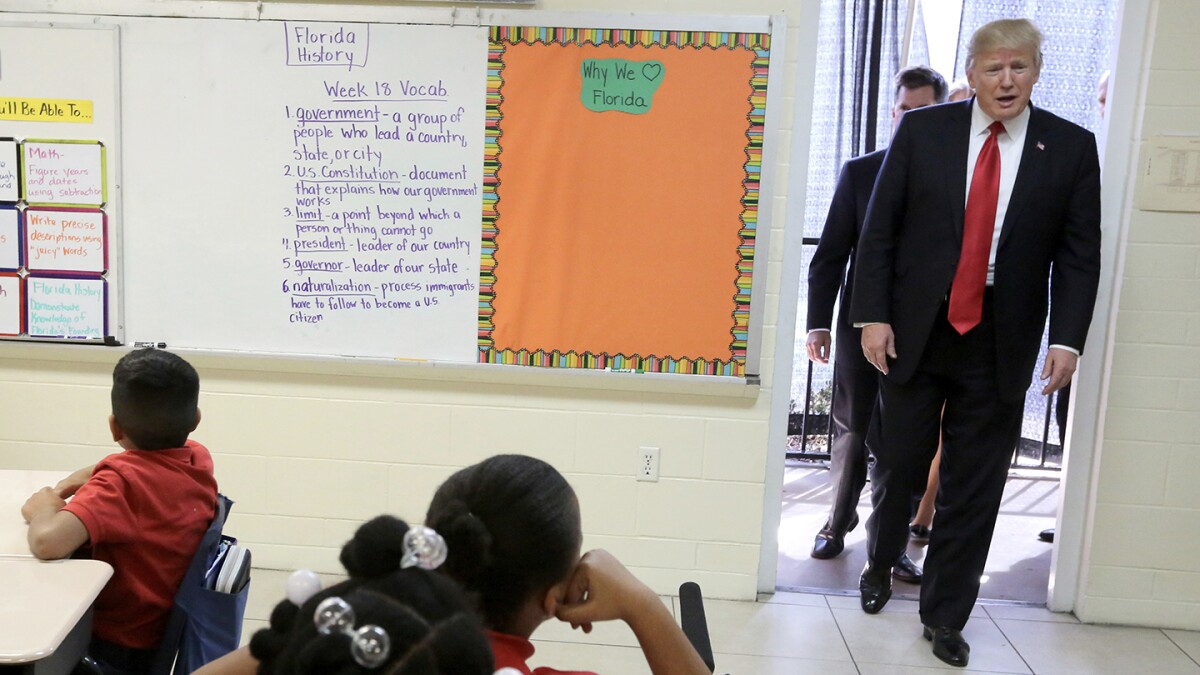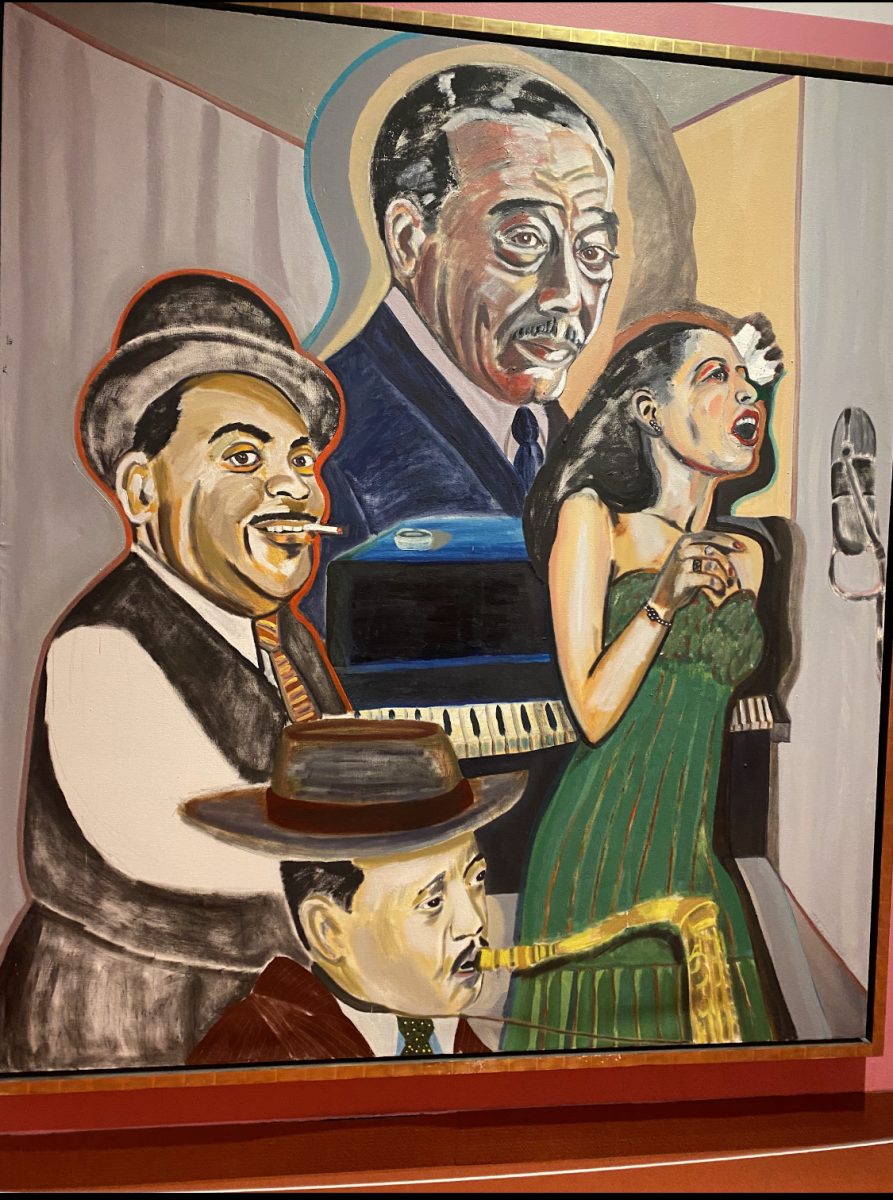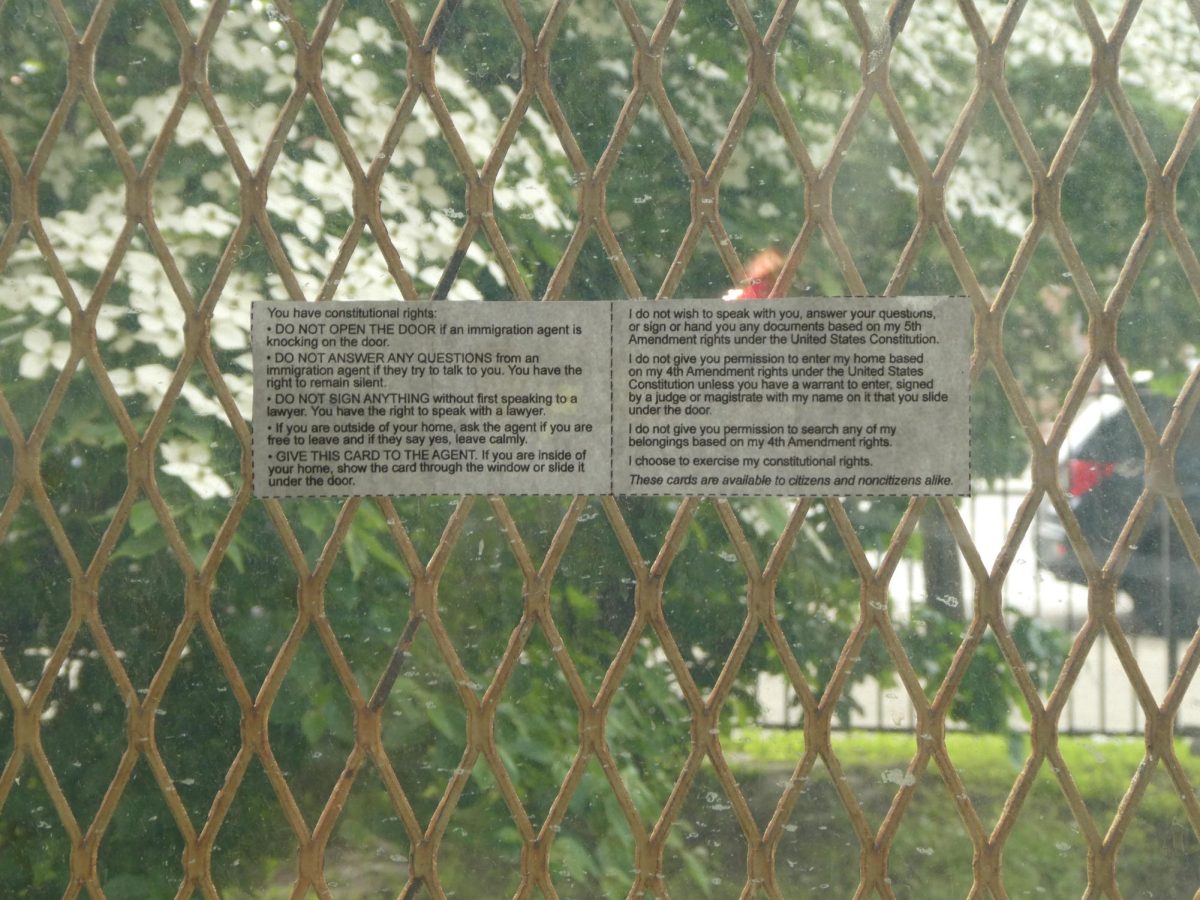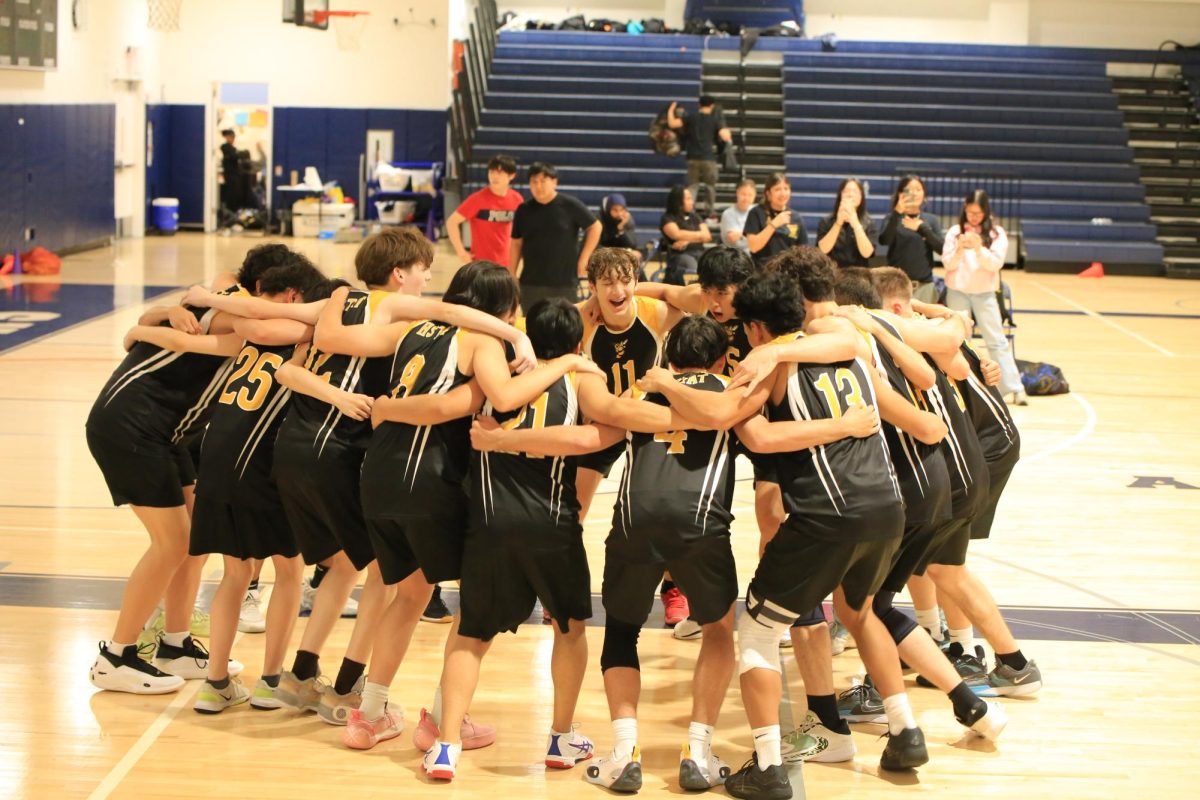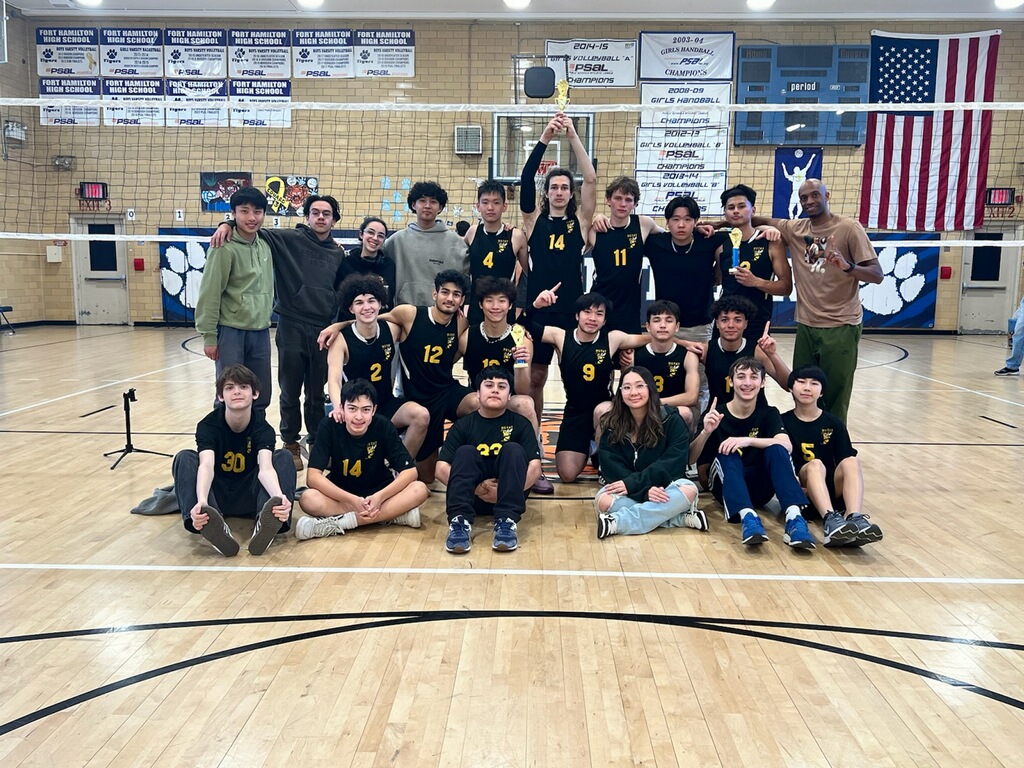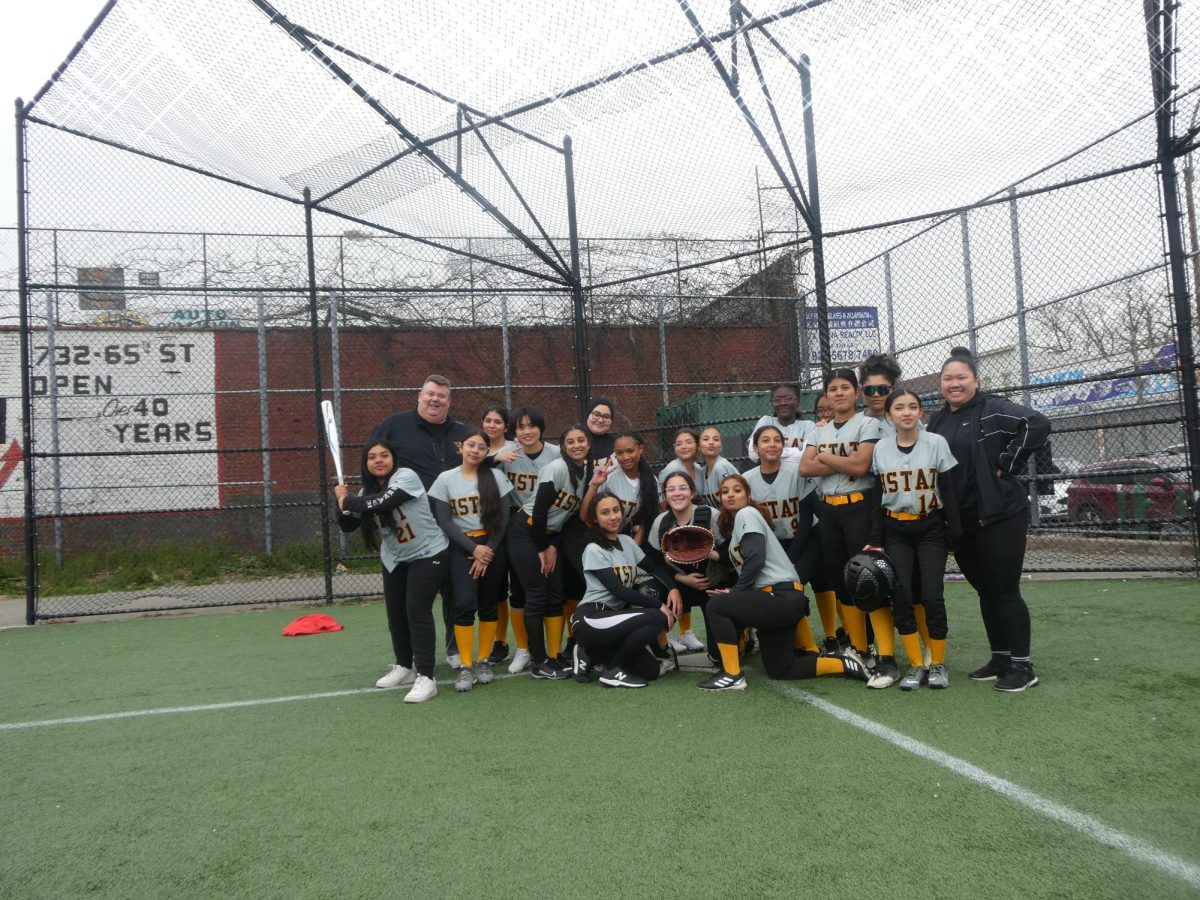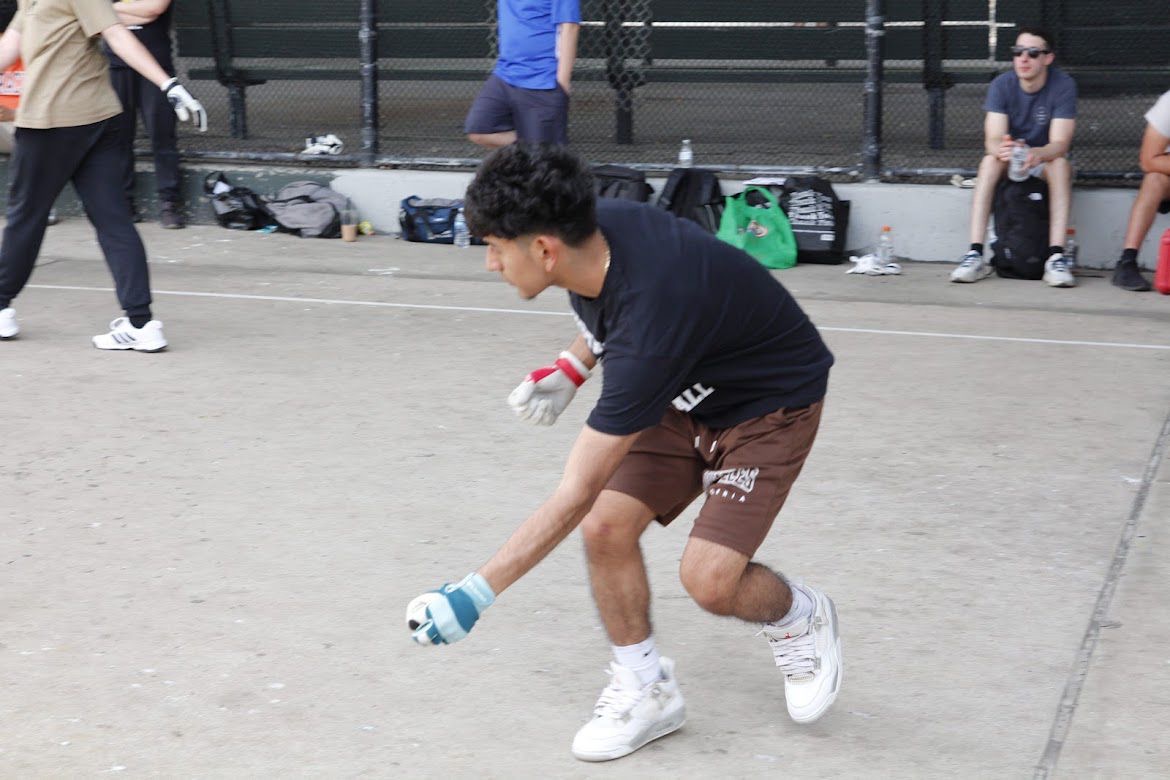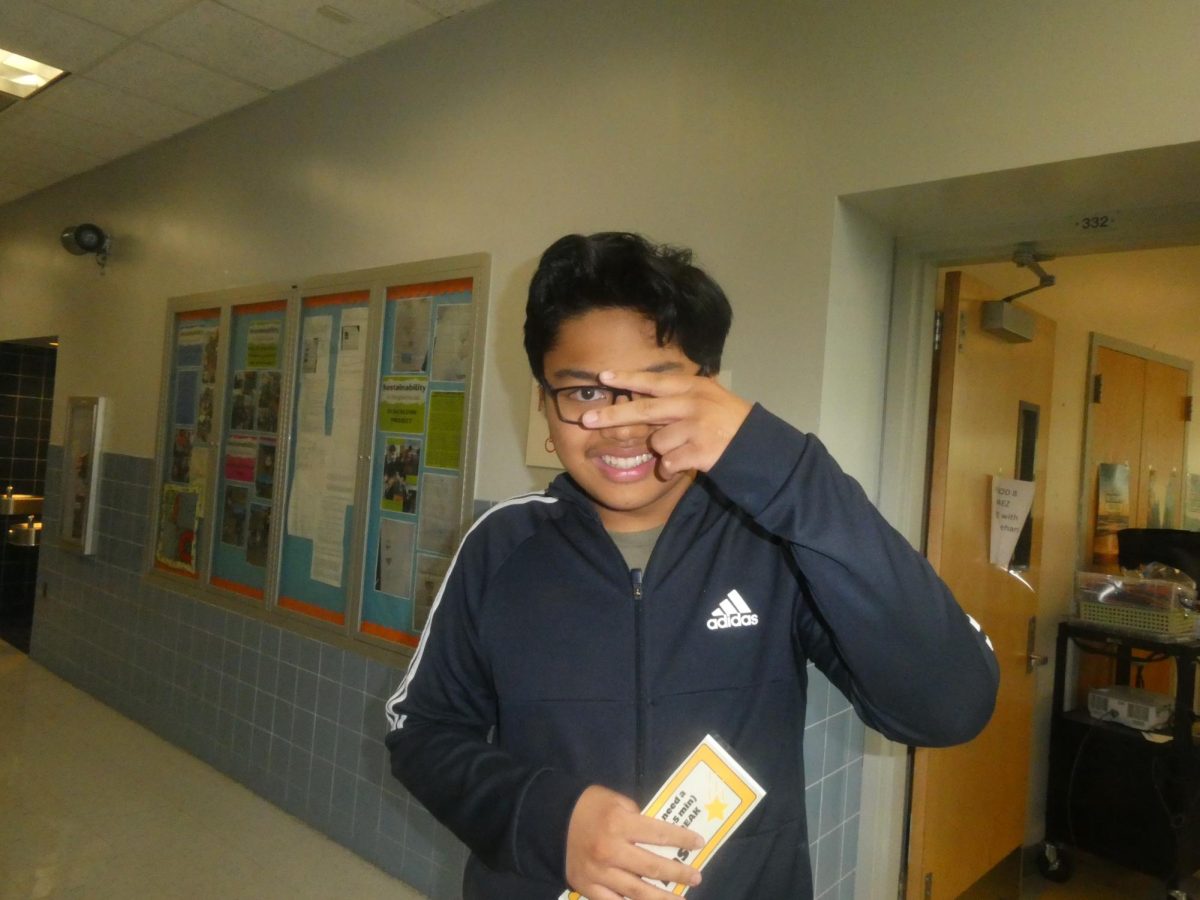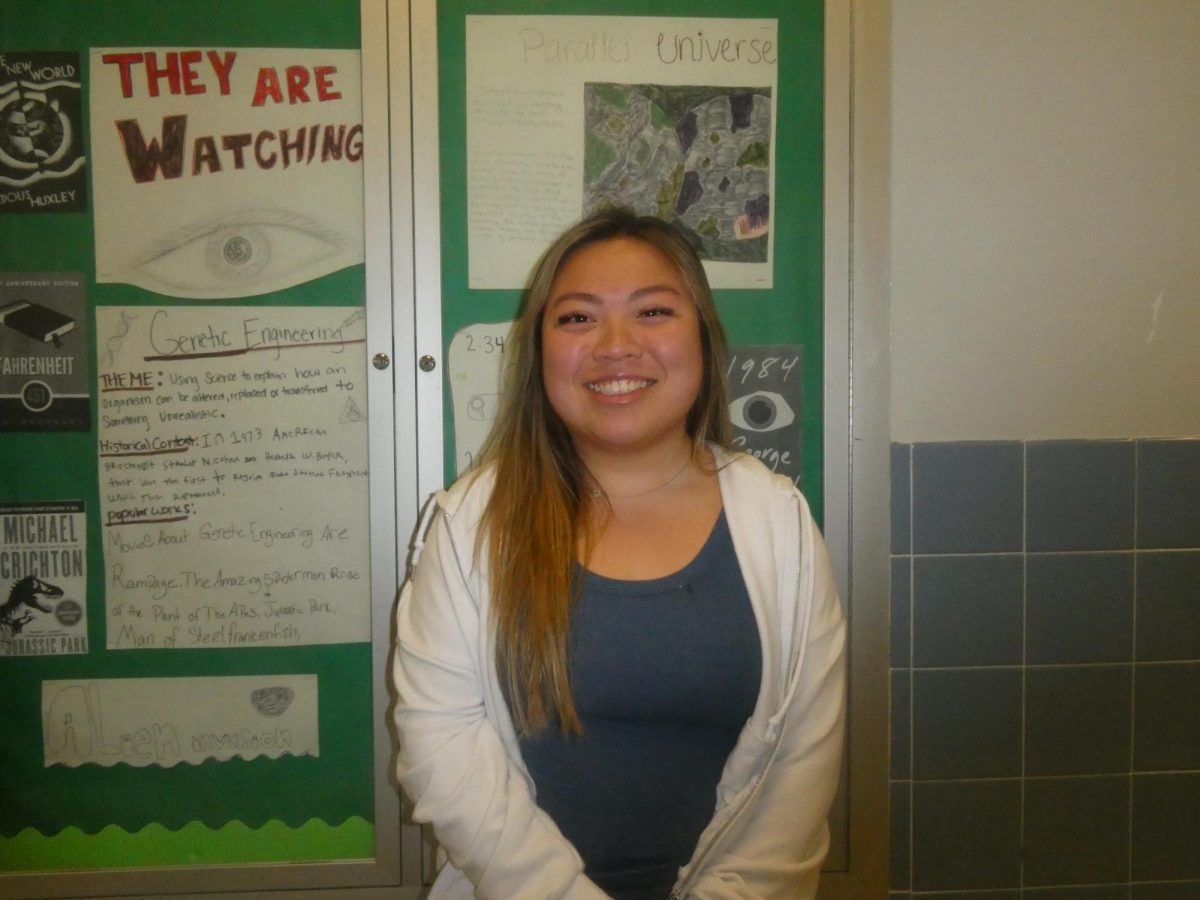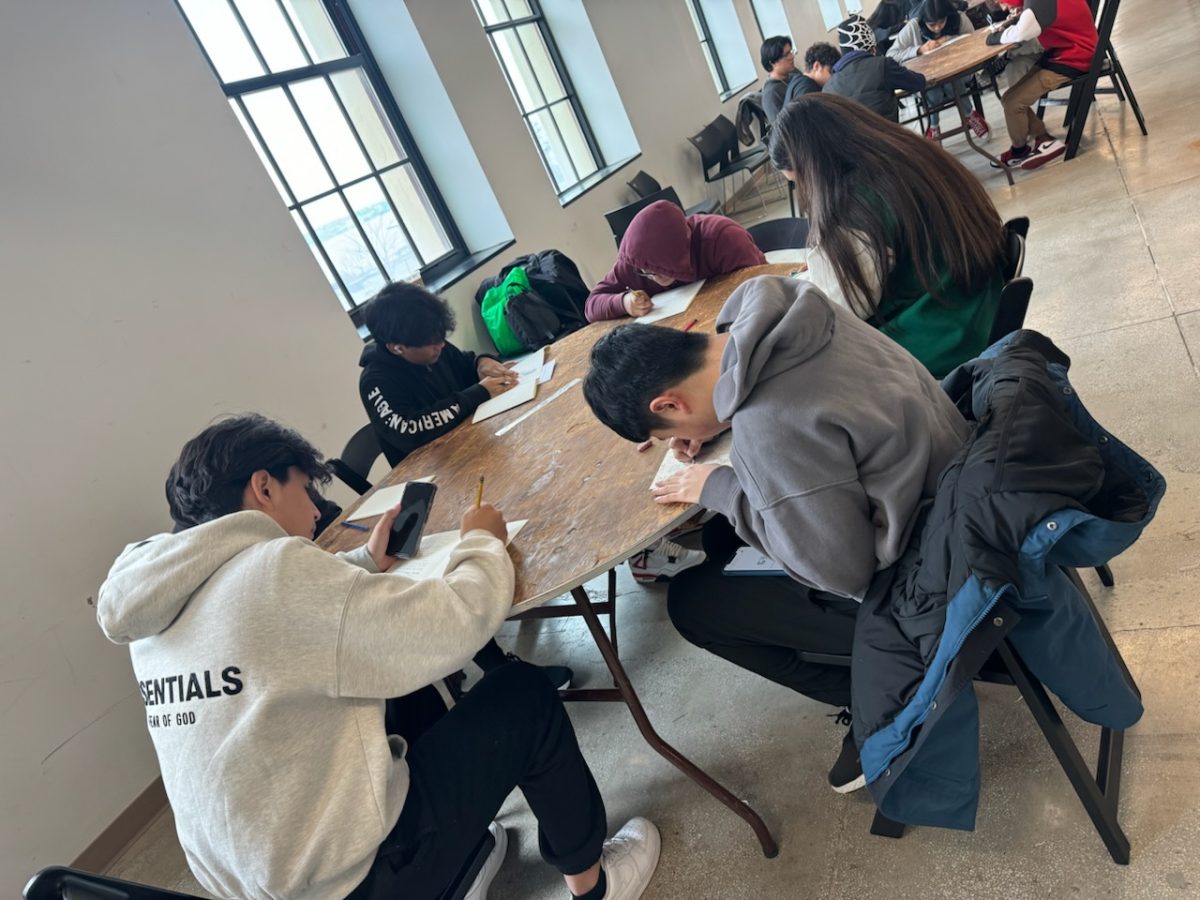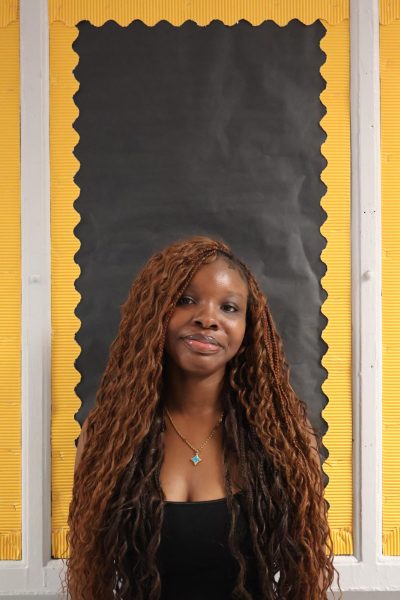Haiti fought and won its freedom in 1804 from its colonial oppressor France. Haiti being the first black republic, it makes you wonder, where did the praise go? The once radiating light that shined on Haiti has now dimmed and is now taking hits after hits. As a Haitian American that comes from a family who lived most of their lives there and immigrated here, I know how dirty Haiti is done. Haiti’s art and music is rich, the food unique and delicious, and the geography is breathtaking.
Haiti once was everything but continues to be dragged through the dirt. Media portrayal and stereotypes of Haiti makes it difficult for anyone to see Haitians in any other way.
We rely on the media to tell us what’s going on around us and other countries. Oftentimes, it makes you wonder how much of the truth is presented to us. We know how unreliable the media is but constantly tune in hoping we’d get some truth out of it. In all reality, the media is never on our side. It reports scopes and calls it a day. Us as consumers, we eat it up then we make assumptions and develop stereotypes based on what we hear. Prime example being Haiti. Have you ever once heard good things about Haiti? If the answer wasn’t clear, it’s no. Western media LOVES knowing how in the dumps Haiti is but never actually acknowledges the good aspects.
An Article titled Troubled, Impoverished, Lawless: How Media stereotypes continue to dehumanize Haiti acknowledges this fact by bringing to attention how quick the media reported of Haiti’s president Jovenel Moise’s assassination. “The New York Times wrote that Haiti was ‘one of the world’s most troubled nations’ and was tipping into ‘lawlessness.” To think in a time of despair for the country instead of sending condolences, it is reported in the media and adds fuel to the fire burning under Haiti and its stereotypes. Why does such an event occur and instead of empathy, we’re so quick to hate and send out negative energy? I’ll tell you why, our society is built of people who are so quick to point out the flaws of others to make ourselves feel better.
Haitians and particularly myself wish Haiti would be seen in its greatness as well. We understand that Haiti as a whole is not perfect but it’s so much more than what we are portrayed as. Haitian author Edwidge Danticat perfectly emulates our feelings. In her essay collection We’re Alone she writes, “I am from a place that constantly evokes nostalgia in the people who have seen, lived and loved it before. This longing for before always saddens me because it makes the present seem even worse.” We as Haitian people see Haiti not in the state it currently is in but in what we grew up with. The liveliness, the people, the hot days and cooling off in the lakes, and childhood stories. We don’t get to relish in these feelings because it all topples over when it comes to how people view us.
This all goes to say society wrongfully stereotypes people, countries, and anything that is different from the norm. We push away the differences instead of embracing them. Haiti is just the same. It is a country to be loved not hated. Nobody is perfect at the end of the day. We should portray Haiti as everything it once was instead of its current state. Or even better, help Haiti out in its current state so it can be better and restored to everything it once was.
Haiti fought and won its freedom in 1804 from its colonial oppressor, France. As the first Black republic, it shone as a beacon of hope. But where did the praise go? The radiant light that once illuminated Haiti has dimmed, and the country now takes hit after hit. As a Haitian American from a family that lived most of their lives there before immigrating here, I know how unfairly Haiti is treated. Haiti’s art and music are rich, its food unique and delicious, and its geography breathtaking.
Yet Haiti continues to be dragged through the dirt. Media portrayals and stereotypes make it nearly impossible for people to see Haitians in any other light. We rely on the media to inform us about the world, but how much truth do we actually get? We know the media can be unreliable, yet we tune in, hoping for some honesty. In reality, the media is rarely on our side. It reports skewed stories and moves on. As consumers, we absorb these narratives, form assumptions, and develop stereotypes based on what we hear. Haiti is a prime example. Have you ever heard good things about Haiti in the news? If you’re honest, the answer is no. Western media loves to highlight how “in the dumps” Haiti is but rarely acknowledges its vibrant culture or resilience.
An article titled “Troubled, Impoverished, Lawless: How Media Stereotypes Continue to Dehumanize Haiti” points out this harsh reality. It notes how quickly the media reported the assassination of Haiti’s president, Jovenel Moïse, in 2021. The New York Times called Haiti “one of the world’s most troubled nations,” tipping into “lawlessness.” In a time of despair, instead of offering condolences, the media added fuel to the fire of negative stereotypes. Why, during such a tragedy, do we rush to criticize rather than show empathy? Our society is quick to point out others’ flaws to feel better about itself.
As Haitians, we wish the world would see Haiti’s greatness too. We know Haiti isn’t perfect, but it’s so much more than its struggles. Haitian author Edwidge Danticat captures this longing in her essay collection We’re Alone: “I am from a place that constantly evokes nostalgia in the people who have seen, lived, and loved it before. This longing for before always saddens me because it makes the present seem even worse.” We Haitians see Haiti not just as it is now but as the vibrant place we grew up with—the lively people, hot days cooling off in lakes, and cherished childhood stories. These memories are overshadowed by how others view us.
Society too often stereotypes people, countries, and anything different from the norm. We push away differences instead of embracing them. Haiti is no exception. It’s a country to be loved, not hated. No one is perfect, after all. We should celebrate Haiti for everything it once was and still can be. Better yet, we should help Haiti in its current state so it can be restored to its former glory.
